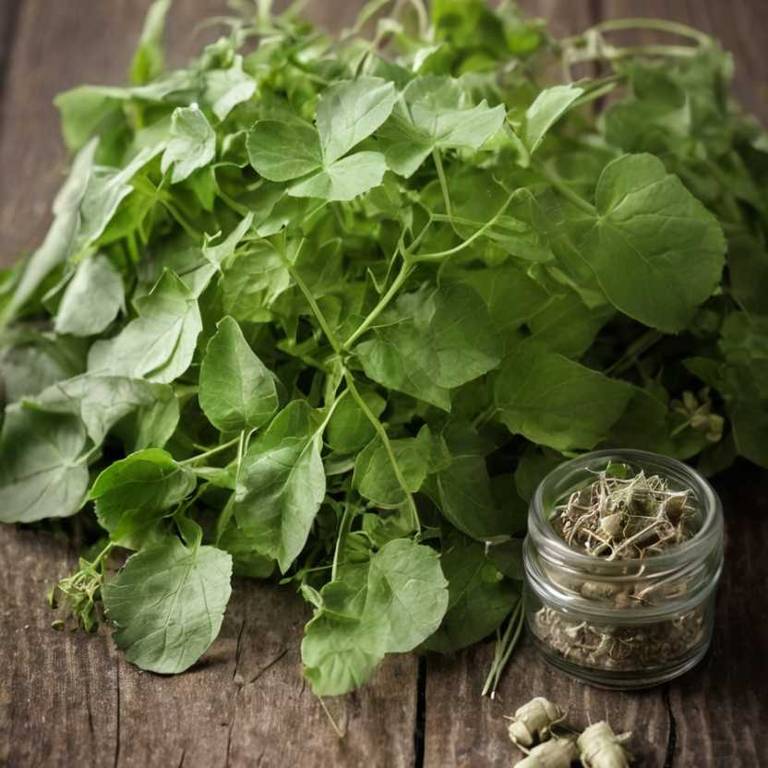By Leen Randell
Updated: Jul 06, 2024
What Are The Medicinal Properties Of Tilia Cordata (Littleleaf Linden)?

Tilia cordata, also known as littleleaf linden, has health benefits such as reducing anxiety and stress, promoting sleep, and relieving digestive issues.
The herb contains flavonoids, tannins, and volatile oils, which contribute to its medicinal properties. It is often used to make teas, infusions, and tinctures, which can be used to calm the nervous system and soothe inflammation. Possible side effects include mild drowsiness and allergic reactions, such as skin irritation.
Pregnant and breastfeeding women should use this herb with caution and consult with a healthcare professional before use.
This article explains the health benefits, active constituents, medicinal preparations, possible side effects, and precautions related to Tilia cordata.
What are the health benefits of Tilia cordata?
Tilia cordata, also known as littleleaf linden, has health benefits such as reducing stress and anxiety due to its sedative properties.
Its extracts have been shown to have antioxidant and anti-inflammatory effects, which may help alleviate symptoms of insomnia, headaches, and menstrual cramps. Additionally, its tea is believed to have a positive effect on cardiovascular health by lowering blood pressure and improving lipid profiles.
It may also exhibit antimicrobial and antiviral properties.
Here's a detailed article about the 10 health benefits of Tilia cordata.
What are the active constituents of Tilia cordata?
Tilia cordata, also known as littleleaf linden, has active constituents such as flavonoids, including kaempferol and quercetin, which exhibit anti-inflammatory and antioxidant properties.
The leaves and flowers of the plant also contain volatile oils, including linalool and borneol, that contribute to its calming and sedative effects.
Additionally, Tilia cordata contains polyphenolic acids, terpenes, and cardiac glycosides, which provide further medicinal benefits.
Here's a detailed article about the 10 active constituents of Tilia cordata.
What are the medicinal preparations of Tilia cordata?
Tilia cordata, also known as littleleaf linden, has medicinal preparations such as essential oils, tinctures, and infusions.
The leaves and flowers are used to calm anxiety, insomnia, and restlessness, due to their soothing flavonoids and terpenes. The bark and roots are also used to treat fever, cough, and colds.
These preparations are often used in herbal teas, syrups, and creams, providing relief for various ailments.
Here's a detailed article about the 10 medicinal preparations of Tilia cordata.
What are the possible side effect of using Tilia cordata improperly?
Improper use of Tilia cordata, also known as littleleaf linden, increases the chances of experiencing side effects such as dizziness, headaches, and stomach upset.
Additionally, high doses of the plant's flavonoids can cause allergic reactions, interact with certain medications, and lower blood pressure in susceptible individuals.
Long-term consumption of Tilia cordata can also lead to stomach problems, diarrhea, and skin rashes in some users.
Here's a detailed article about the 10 most common side effects of Tilia cordata.
What precautions to take when using Tilia cordata medicinally?
Before using Tilia cordata, also known as littleleaf linden, for medicinal purposes, you must take precautions such as consulting with a qualified healthcare professional, especially if you have allergies or are taking other medications.
Pregnant or breastfeeding women should use caution, as littleleaf linden may stimulate the uterus or pass into breast milk.
Additionally, monitor blood sugar levels, as the herb may lower blood sugar.
Here's a detailed article about 10 precautions to take when using Tilia cordata.